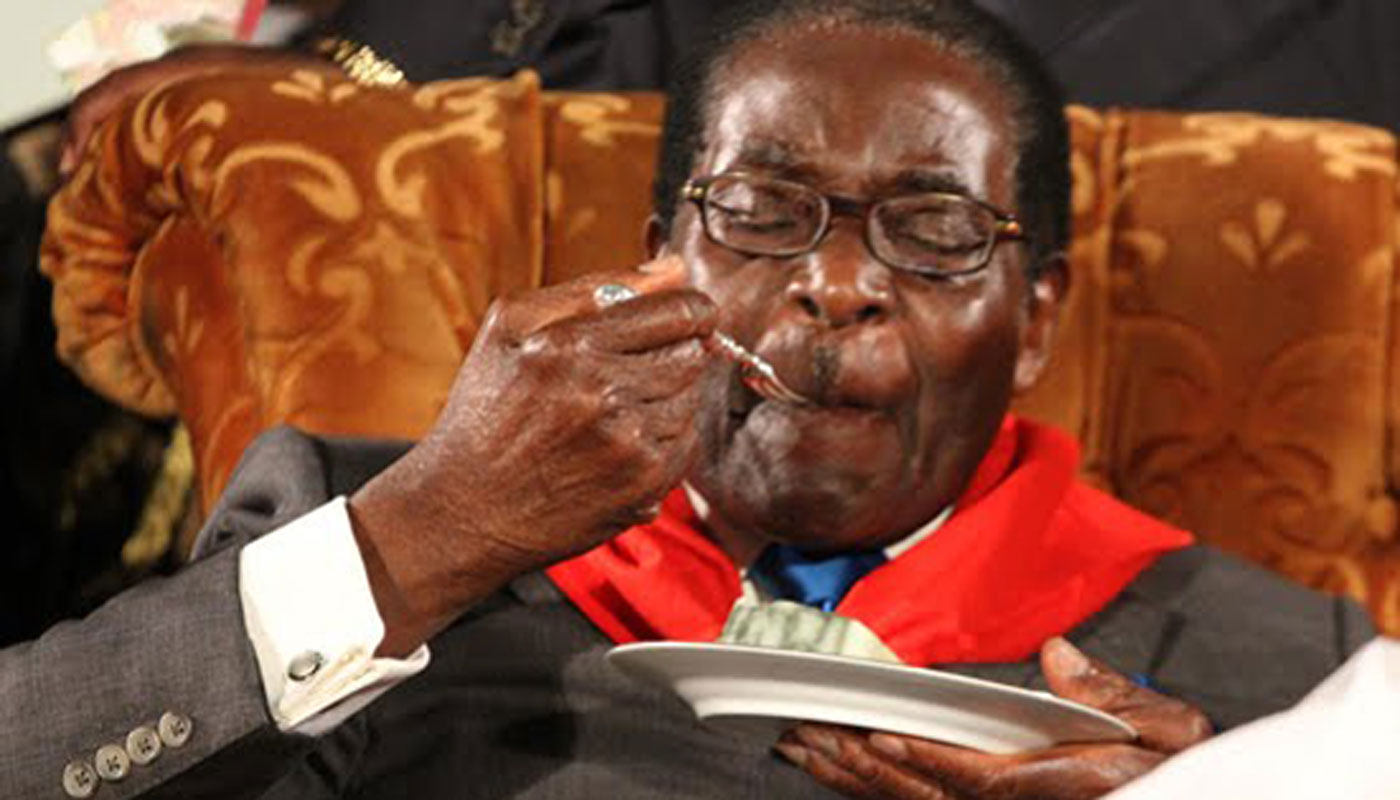
There is no doubt that Zanu PF has, since July 31 emerged as a party on resurgence, managing to re-establish its traditional post-independence political dominion.
Sunday Opinion BY BUTHOLEZWE NYATHI
The buoyant Zanu PF government has unveiled the ambitious Zimbabwe Agenda for Sustainable Socio-Economic Transformation (ZimAsset) as a policy document to steer the national development path over the next five years.
The positive outlook and charm offensive exhibited by Zanu PF since their electoral victory has in recent weeks been overshadowed by the drama-filled provincial elections.
While the elections were a routine Zanu PF constitutional requirement, stakes were however high as alleged rival camps led by Joice Mujuru and Emmerson Mnangagwa sought to control provinces as part of broader succession politics in Zanu PF.
So fiercely contested were the provincial elections that senior Zanu PF members engaged in public verbal exchanges as lobbying and counter lobbying for nullification of election results intensified.
Remarks in the public media alluded to by Killian Sibanda — losing candidate in the Bulawayo province chairperson elections — to the effect that the Bulawayo province elections were rigged, are indeed telling of internal party democracy in Zanu PF. Similar complaints were also raised in various provinces.
National democratic practices are a manifestation of internal party democracy. A drought of internal party democracy sounds a death knell for state respect, protection and fulfilment of fundamental human rights.
- Chamisa under fire over US$120K donation
- Mavhunga puts DeMbare into Chibuku quarterfinals
- Pension funds bet on Cabora Bassa oilfields
- Councils defy govt fire tender directive
Keep Reading
Further considering that Zanu PF now has absolute executive and legislative majority, there is reason to fear more state reprisals as the Zanu PF succession battle gains momentum.
The Zanu PF provincial elections should also be viewed in the context of the July 31 harmonised elections. The irregularities exposed by Zanu PF officials are in tandem with complaints raised by the MDC formations and Civic Society Organisations (CSO) observer missions during the July plebiscite. Questions arise therefore as to whether the provincial elections are a case of chickens coming home to roost, an inevitable consequential fate of a revolutionary party whose existence and survival hinges on manipulation of democratic principles and practices.
A few realities emerge on the aftermath of the provincial elections. Zanu PF is now dominating political space and setting the agenda at a time the MDC formations seem to be fighting internal strife.
It is likely therefore that Zanu PF will emerge as its biggest opposition in the 2018 elections if succession battles continue to play out in similar fashion as was recently observed.
The struggle for democracy in Zimbabwe’s political landscape is no longer confined to opposition parties, but is likely to grow even louder and shriller from within the rank and file of Zanu PF.
We are also likely to see the perpetuated abuse of public media to advance succession factional battles. The exchanges between Zanu PF officials observed during the provincial elections are likely to become even more apparent and glaring as the succession undercurrent reaches boiling point.
The Zanu PF Secretary for Administration, Didymus Mutasa, has already complained of being ignored by the public media.
Succession battles have the unfortunate effect of being a sideshow that distracts the public from holding Zanu PF to account over its various developmental pledges. Government is faced with a conflict fatigued and service delivery expectant nation. Members of rival camps in the succession battle hold high ranking government positions and we can only hope that the scheming does not compromise on their service delivery mandate.
On the same note, the succession battle is also likely to compromise the integrity and service delivery orientation of public institutions.
The botched investigation in 2012 of ministers Saviour Kasukuwere, Obert Mpofu and Nicholas Goche by the Anti-Corruption Commission on allegations of corruption and abuse of office was viewed in the context of succession plots and subplots.
It is possible therefore to see cases of abuse of state institutions for political mileage and aggrandisement. Partisan state institutions are a bane to investor confidence and thus economic revival.
Therefore, as Zanu PF embarks on a developmental path over the next five years, the succession battles will not only provide an exciting side show, but have a bearing on the performance of the Zanu PF government and the overall attainment of deliverables enunciated in ZimAsset.











